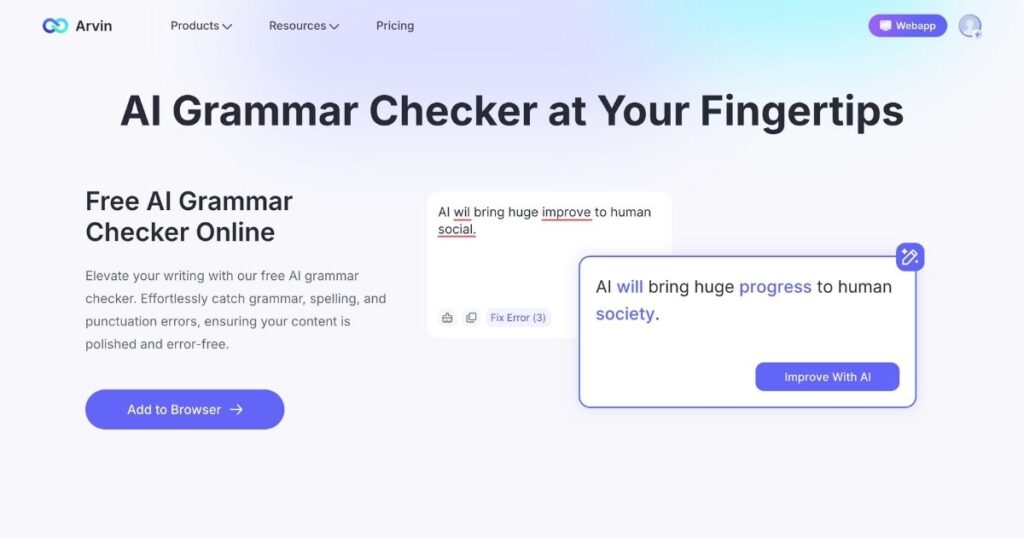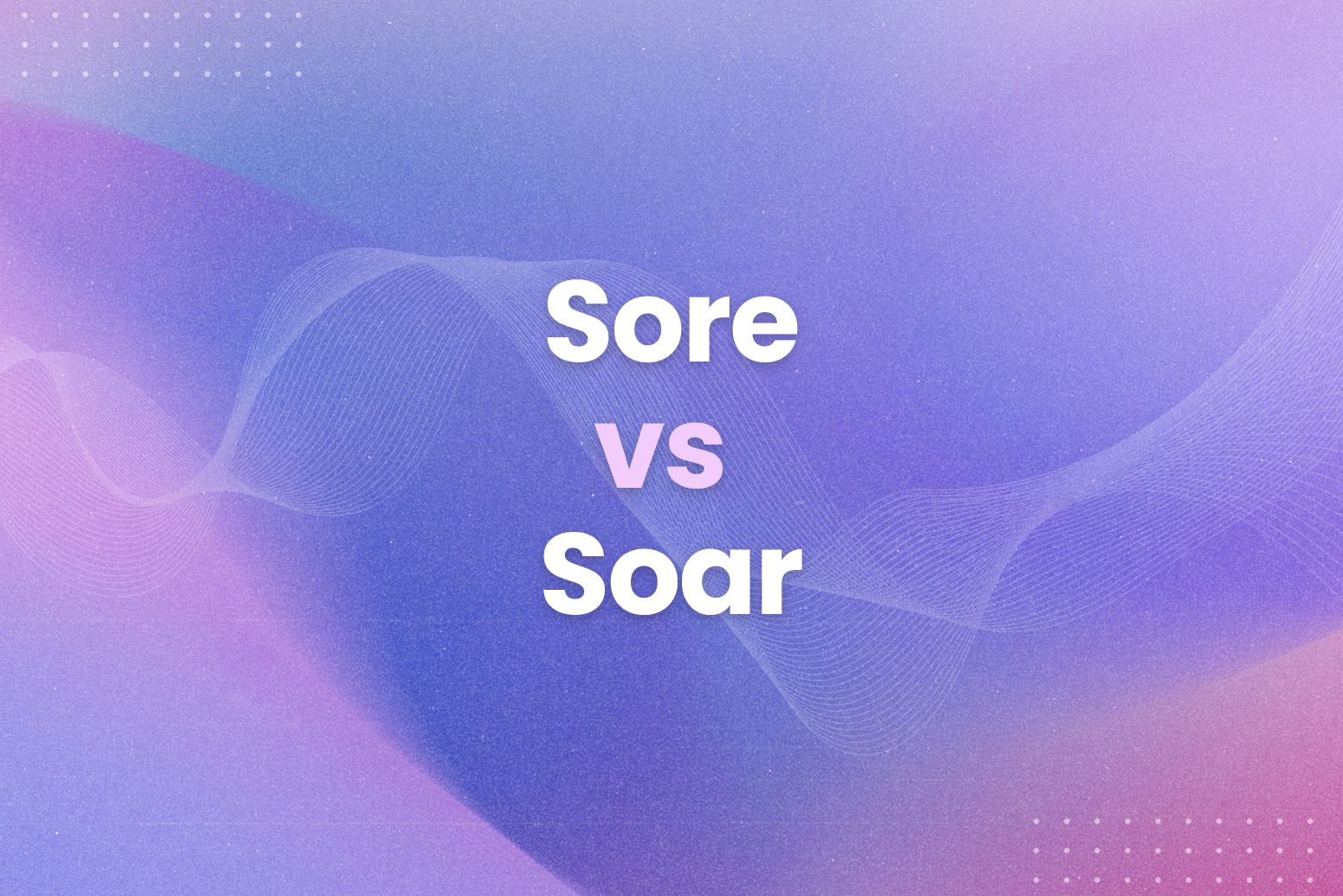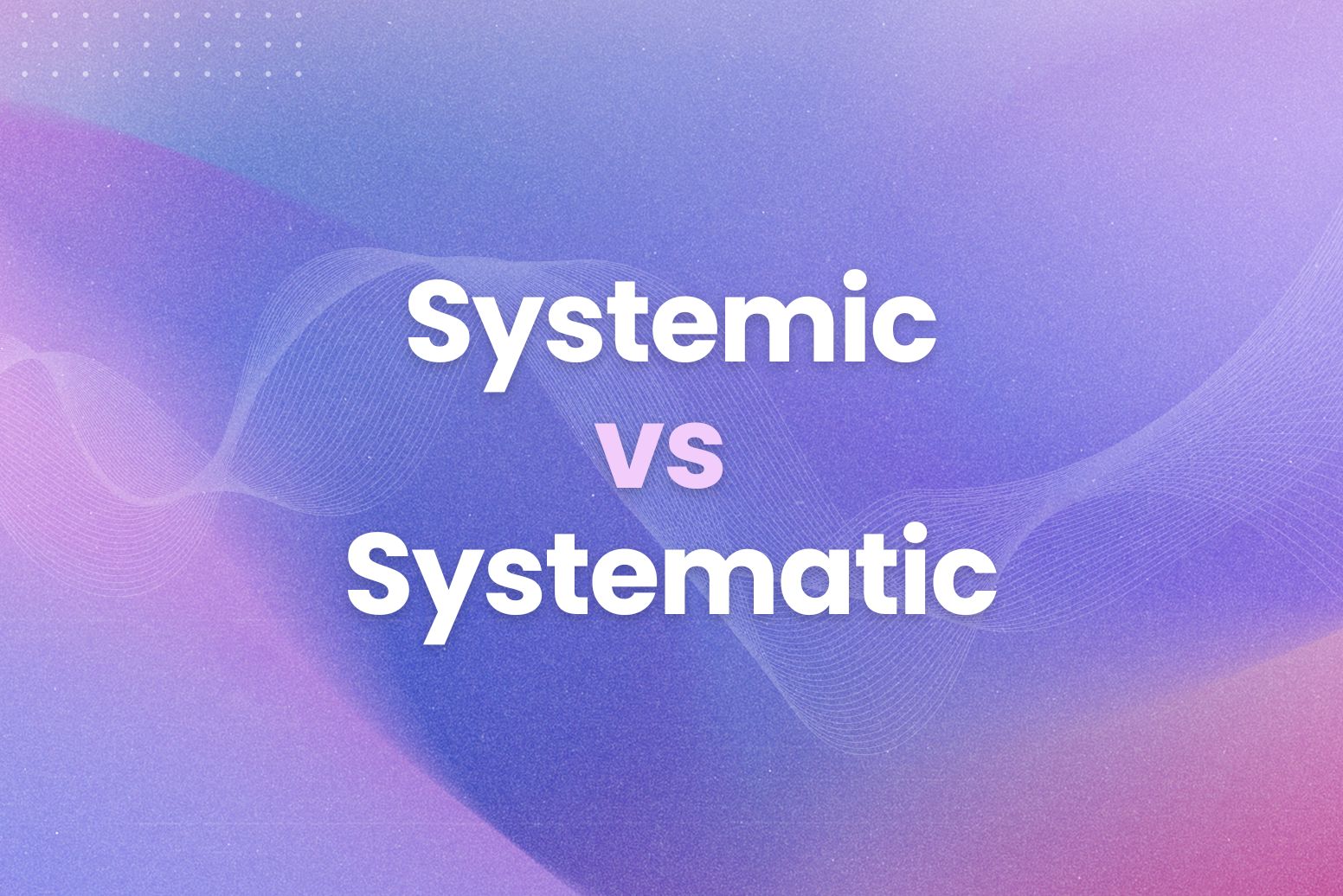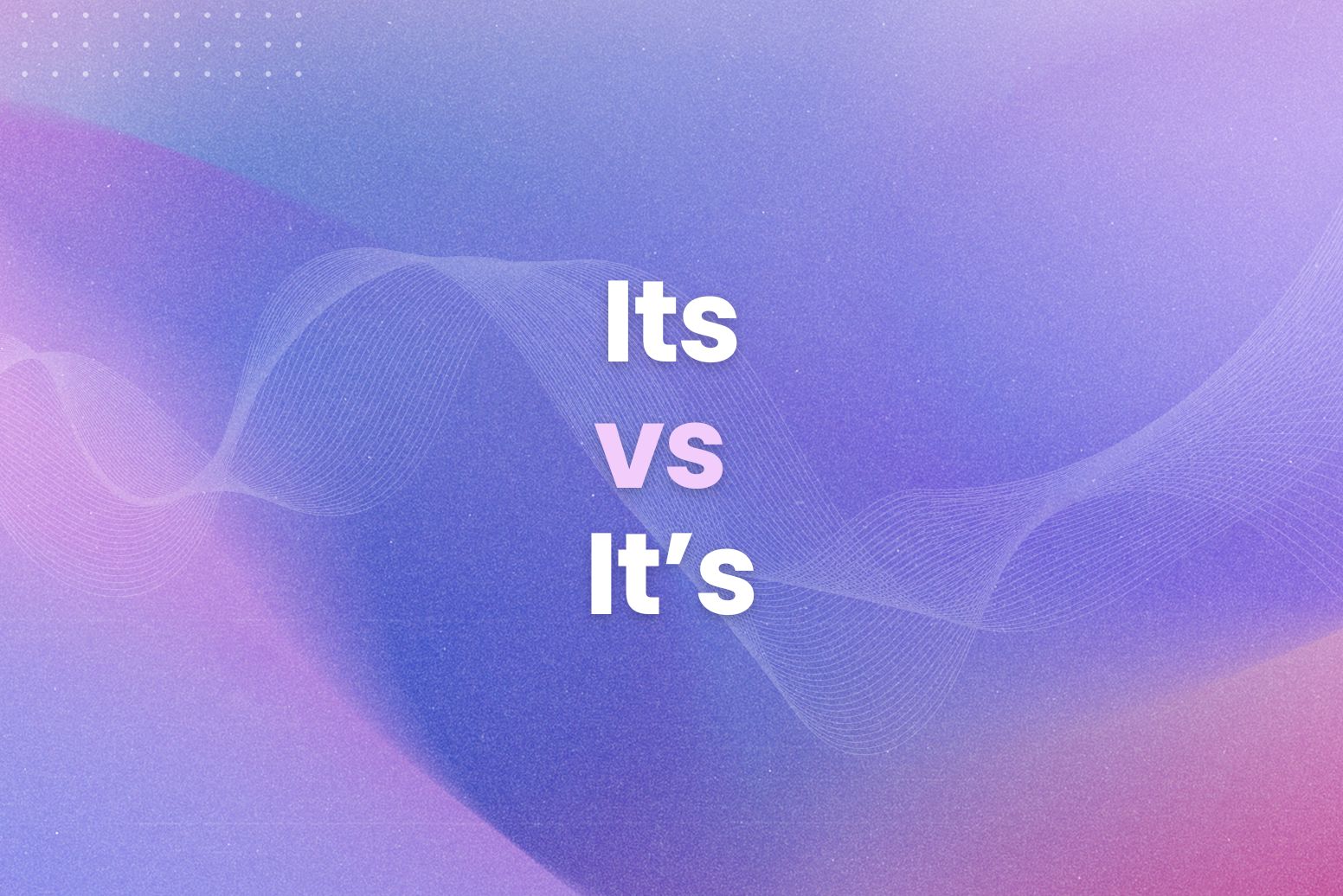Relative pronouns tie sentences together while adding depth and clarity. Words like who, whom, whose, which, and that help us describe people, places, or things with precision. Beyond being grammatical tools, they’re storytellers—allowing us to share details, set the scene, and express relationships effortlessly.
Explore practical tips and examples to create complex ideas into seamless sentences with relative pronouns.
What Are Relative Pronouns?
Relative pronouns are like the glue that holds your sentences together, making them smooth, connected, and meaningful. They introduce relative clauses, which provide more details about a noun mentioned earlier in the sentence. The most common ones include who, whom, whose, which, and that.
Relative Pronouns List
Who
Refers to people as the subject of the clause.
Example: Taylor Swift, who has an impressive ability to reinvent herself with each album, continues to dominate the music charts while inspiring fans around the world.
Whom
Refers to people as the object of the clause.
Example: Zendaya is the actress to whom so many young performers look up, especially after her Emmy-winning performance in Euphoria. This makes her a role model for resilience and grace.
Whose
Indicates possession.
Example: The director whose film just won an Oscar once struggled to find a producer who believed in his vision, proving that perseverance pays off in Hollywood.
Which
Refers to animals, objects, or ideas.
Example: The book series Percy Jackson and the Olympians, which has recently been adapted into a highly anticipated show, captures the imagination of readers both young and old.
That
Refers to people, animals, or things. Often used in restrictive clauses.
Example: The superhero movie that everyone is raving about introduces a plot twist so unexpected, it keeps audiences talking for weeks.
Where
Refers to places.
Example: Hogwarts is the magical school where Harry Potter learned the art of wizardry while forming lifelong friendships and defeating dark forces.
When
Refers to times.
Example: The moment when Beyoncé surprised the crowd with her iconic Coachella performance is still talked about as one of the greatest live shows of all time.
Relative Pronouns Examples

Who
Refers to people as the subject of a clause.
Example: Tom Holland, who plays Spider-Man in the MCU, is known for his hilarious interviews and relatable personality, which have endeared him to fans across the globe.
Whom
Refers to people as the object of a clause.
Example: Adele, whom many consider the queen of heartfelt ballads, continues to break records with every album she releases, connecting with audiences worldwide.
Whose
Indicates possession.
Example: The writer whose stories inspired Stranger Things created a world of mystery and suspense that keeps viewers hooked season after season.
Which
Refers to animals, objects, or ideas.
Example: The Friends reunion special, which brought the iconic cast back together, was a nostalgic trip down memory lane for fans of the show.
That
Refers to people, animals, or things, often in restrictive clauses.
Example: The documentary that explores the life of Kobe Bryant reveals the determination and passion that made him a legend in basketball and beyond.
Where
Refers to places.
Example: Central Perk is the café where Rachel, Ross, Monica, Chandler, Joey, and Phoebe shared countless laughs and life lessons in Friends.
When
Refers to times.
Example: The year 2008, when Marvel launched Iron Man, marked the beginning of the Marvel Cinematic Universe that has since become a cultural phenomenon.
Why
Explains a reason.
Example: The reason why Squid Game became a global sensation lies in its unique storytelling and commentary on societal inequality, which resonated with audiences everywhere.
What
Refers to the thing or things being discussed.
Example: The advice what many authors give—”write what you know”—is exactly how Stephen King has created so many compelling and relatable stories.
Whoever
Refers to any person who.
Example: Whoever wins the Grammy Award for Album of the Year joins an exclusive club of music icons celebrated for their artistry.
Whomever
Refers to any person as the object of a verb or preposition.
Example: The award will be given to whomever the judges deem the most talented, making it a highly coveted honor.
Whichever
Refers to any one from a limited set of choices.
Example: Whichever Harry Potter house you belong to—Gryffindor, Slytherin, Ravenclaw, or Hufflepuff—there’s a place for everyone in the wizarding world.
Whatever
Refers to anything.
Example: Whatever Taylor Swift writes turns into chart-topping hits, proving her unmatched storytelling through music.
Transform Your Writing Instantly. Learn how relative pronouns can make your sentences more dynamic and engaging.
Relative Pronouns Worksheet
Fill in the blanks with the correct relative pronoun: who, whom, whose, which, that, where, when, why, or what.
- The director, __________ created The Dark Knight, is known for his visually stunning films.
- The café __________ they filmed the famous breakup scene in La La Land is now a popular tourist spot.
- The reason __________ Game of Thrones remains a cultural milestone is its unpredictable plot twists.
- The artist __________ painting hangs in the Louvre became famous after her death.
- The song __________ topped the charts this year was written by a completely unknown artist.
- The year __________ the Beatles released their first album marked a turning point in music history.
- This is the park __________ we had our first family picnic last summer.
- The actor __________ fans love the most from the Avengers cast is often debated.
- The award will go to whomever __________ the judges feel performed best.
- Choose whichever dress __________ makes you feel most confident for the event.
Rewrite each sentence by combining the two ideas using a relative pronoun.
- Stranger Things is a hit Netflix series. It features a group of kids solving mysteries.
Answer: Stranger Things is a hit Netflix series that features a group of kids solving mysteries. - The man lives next door. His dog is always barking.
Answer: The man, whose dog is always barking, lives next door. - This is the movie. It broke all box office records last year.
Answer: This is the movie which broke all box office records last year. - 2012 was the year. The world was supposed to end according to some theories.
Answer: 2012 was the year when the world was supposed to end according to some theories. - The bakery is across the street. They sell the best croissants in town.
Answer: The bakery where they sell the best croissants in town is across the street.
Final Words
Relative pronouns may seem like small parts of a sentence, but they play a massive role in shaping how we communicate ideas and details. Whether crafting an unforgettable story, writing a heartfelt letter, or analyzing a literary masterpiece, these little connectors make sentences flow, ideas shine, and meanings clearer.
Write Like a Pro. Understand the role of relative pronouns and make your writing flawless.

Ready to polish your grammar skills even further? Remember, using relative pronouns can make your writing grammatically correct, impactful, and engaging. So, dive into the world of language with confidence—because every word counts and every sentence has a story to tell.
FAQ
The 7 common relative pronouns are who, whom, whose, which, that, where, and when.
The 10 relative pronouns include who, whom, whose, which, that, where, when, why, what, and whoever.
Relative pronouns are like words that connect ideas. They’re used to describe or add details about a person, place, or thing. For kids, explain it with examples from their favorite stories: “Harry Potter is the wizard who defeated Voldemort.”
”The best way is to make it relatable and simple. Pronouns replace names and objects to make sentences flow better. Use examples: “Instead of saying ‘Luna loves Luna’s cat,’ we say, ‘Luna loves her cat.'”“The best way is to make it relatable and simple. Pronouns replace names and objects to make sentences flow better. Use examples: “Instead of saying ‘Luna loves Luna’s cat,’ we say, ‘Luna loves her cat.'”
Distributive pronouns are words like each, every, either, neither, none, everyone, no one, someone, anyone, and all.
A distributive pronoun focuses on individuals in a group (like each or either), while a relative pronoun connects clauses (like who or that).






